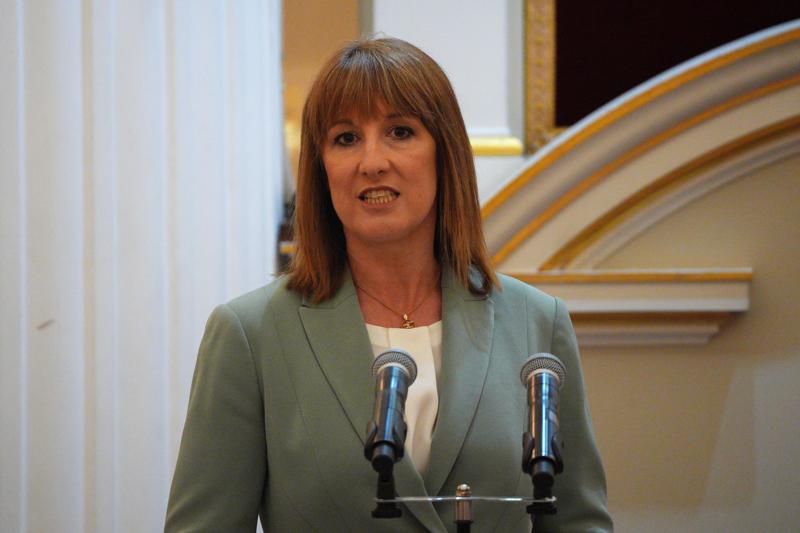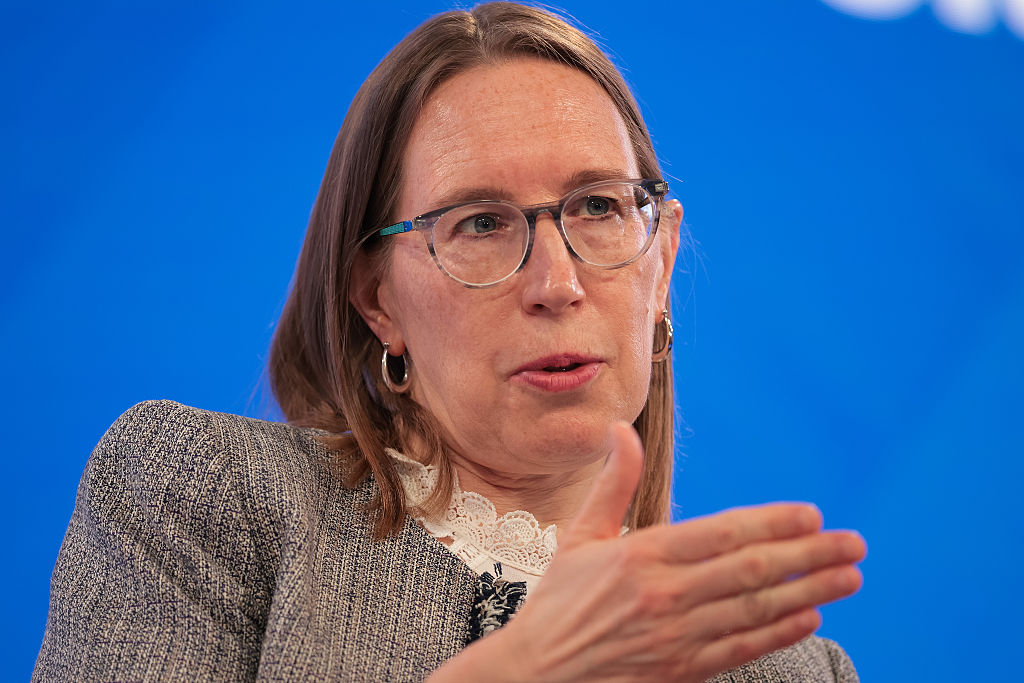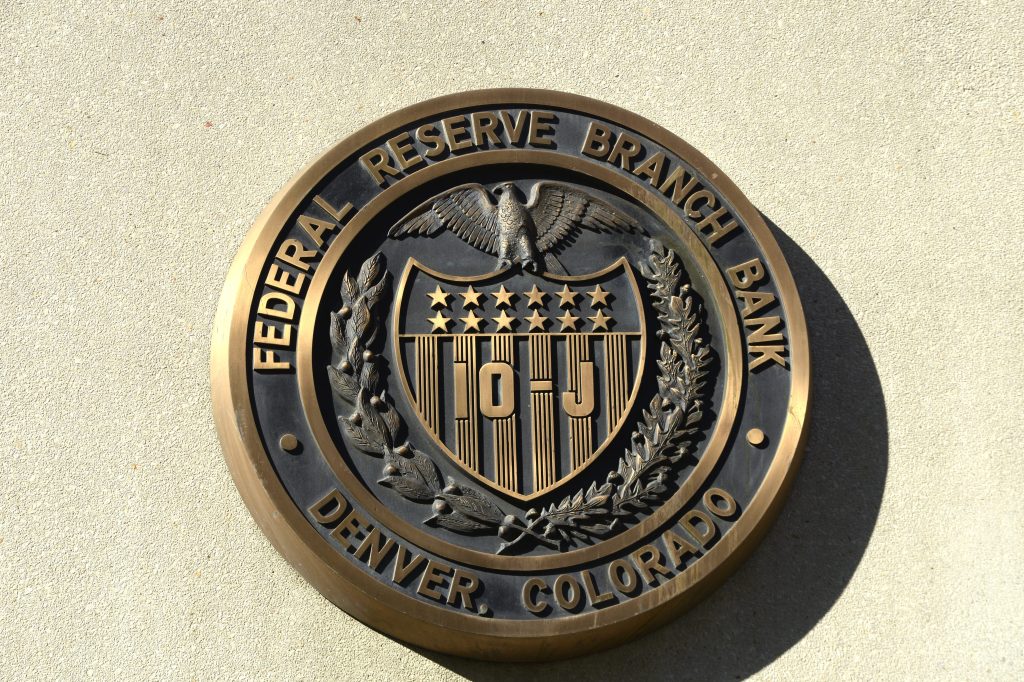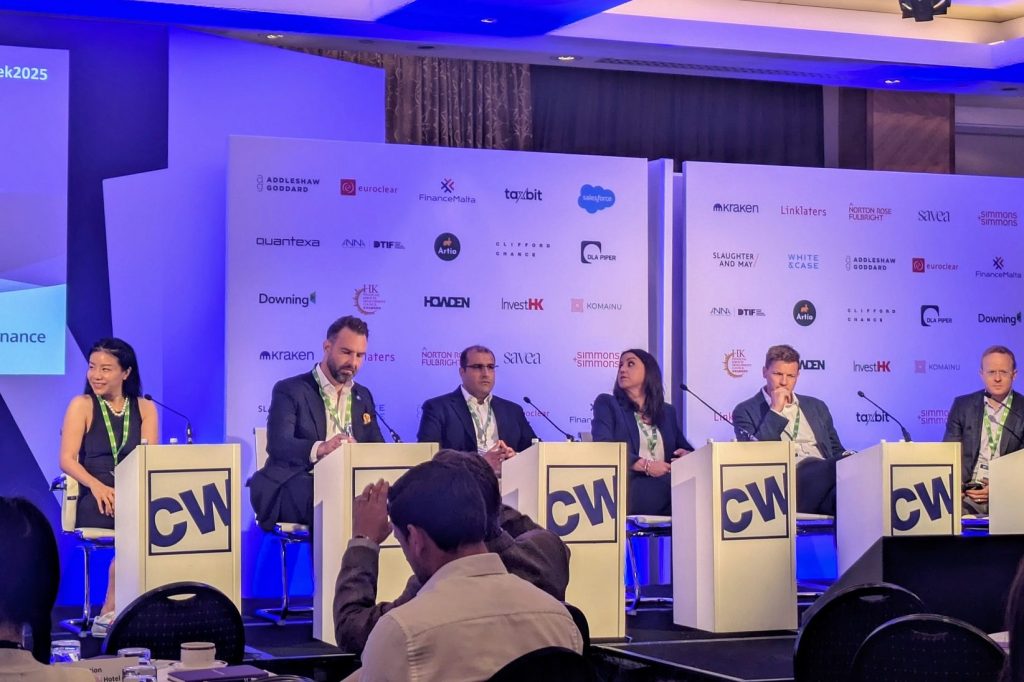A unit of Gunvor Group, one of the world’s largest energy commodity trading firms, has agreed to pay about $661m after it admitted to bribing Ecuadorean officials.
Gunvor SA entered a guilty plea to a charge of conspiracy to violate the Foreign Corrupt Practices Act (FCPA) in a federal court in Brooklyn. Prosecutors from the Justice Department (DOJ) said Gunvor paid bribes to officials at Ecuador’s ministry of hydrocarbons and to state-oil company Petroecuador to win contracts to buy oil products.
The company was sentenced to pay $374m in fines and forfeit $287m in ill-gotten gains, but will receive credit for amounts it paid to authorities in Switzerland and Ecuador, prosecutors said.
An interesting aspect of the case is that employees exchanged messages via WhatsApp regarding confidential loading and shipping window information received through bribes paid to Ecuadorian officials.
The DOJ did not focus on these off-channel messages in its resolution with the company, but Gunvor listed as one of the improvements it made to its compliance program this action item: “Developing a risk-based communications policy that addresses the use of ephemeral and ecrypted messaging applications”. Supplying whatever records it had from these communications channels to the DOJ was also noted as evidence of the company’s significant cooperation during the government’s investigation.
Bribery conspiracy charges
According to the company’s admissions and court documents, between 2012 and 2020, Gunvor and its co-conspirators paid more than $97m to intermediaries knowing that some of the money would be used to bribe Ecuadorean officials, including Nilsen Arias Sandoval, a then-high ranking official at Petroecuador.
As part of the scheme, Gunvor managers and agents attended meetings in the United States and elsewhere. The bribe payments were routed through banks in the United States using shell companies in Panama and the British Virgin Islands controlled by Gunvor’s co-conspirators. A Gunvor employee even directed one of the intermediaries to use the money to purchase an 18-karat gold Patek Philippe watch for Arias, the DOJ said in its order.
In exchange for these bribe payments, high-level Ecuadorian officials helped various state-owned entities, which were acting as front companies for Gunvor, win the rights to a series of oil-backed loan contracts with Petroecuador. This structure allowed Gunvor and its co-conspirators to avoid a competitive bidding process and to obtain contractual terms that it could not have otherwise obtained, plus some confidential details.
Compliance enhancements
Gunvor Group Chairman Torbjörn Törnqvist apologized in a public statement for his company’s compliance shortcomings.
“As a company Gunvor made mistakes at the time, for which we are sorry and that we have worked diligently to fix. Today, Gunvor upholds an industry-leading compliance program that we are committed to continuously enhance. Corruption has no place in our company and will never be tolerated,” Törnqvist said.
He called the company’s prior compliance program a “nascent” one, and he spelled out some of the key remedial steps taken to remediate it.
Those compliance program enhancements include:
- developing and implementing a control framework for internal business developers and adding layers of review and approval for counterparty payments;
- enhancing the independent compliance committee with responsibility for reviewing high-risk transactions;
- engaging resources to review the Company’s compliance program and test the effectiveness of the Company’s overall reporting process, its reporting hotline and the effectiveness of the investigation of reports made through the hotline;
- evaluating and updating its compensation policy to better incentivize compliance with the law and corporate policies;
- hiring additional compliance personnel;
- testing and enhancing its compliance program, and
- developing and implementing a risk-based business communications policy that addresses the use of ephemeral and encrypted messaging applications.
Gunvor also received cooperation credit for (before it learned of the DOJ’s investigation into these matters) suspending payments to the agents in Ecuador when they failed to respond to questions from the compliance team at Gunvor, and for terminating them.
“As a company Gunvor made mistakes at the time, for which we are sorry and that we have worked diligently to fix … Corruption has no place in our company and will never be tolerated.”
Torbjörn Törnqvist, Group Chairman, Gunvor
It also showcased cooperation by doing the following during the DOJ’s investigation:
- producing documents from multiple countries “expeditiously“;
- providing the DOJ with results of its internal investigations;
- making factual presentations to the DOJ;
- helping arrange an interview of a non-US employee;
- promptly collecting, organizing and analyzing a large amount of information; produced an analysis of trading activity using outside accounting firms;
- translating foreign documents; and
- preserving business communications sent on mobile messaging applications, which were made available to the DOJ.
Sidenote: Gunvor had previously said the US Commodity Futures Trading Commission (CFTC) was also conducting an investigation, but the company in its statement said it isn’t aware of further outstanding matters outside the DOJ’s case. The CFTC didn’t respond to a request for comment from news outlets on whether it had closed its probe.

















